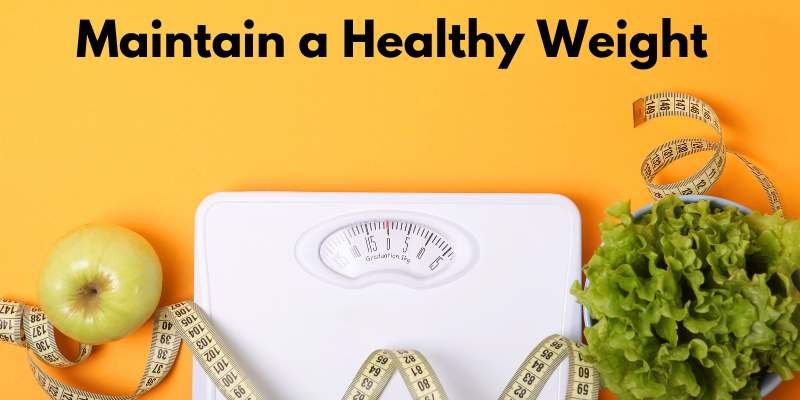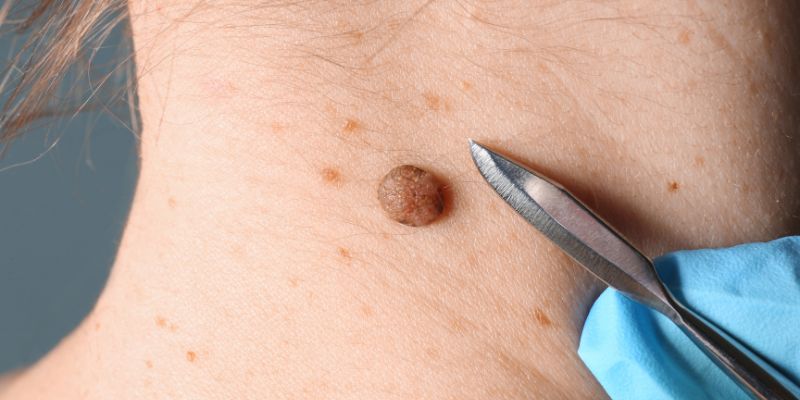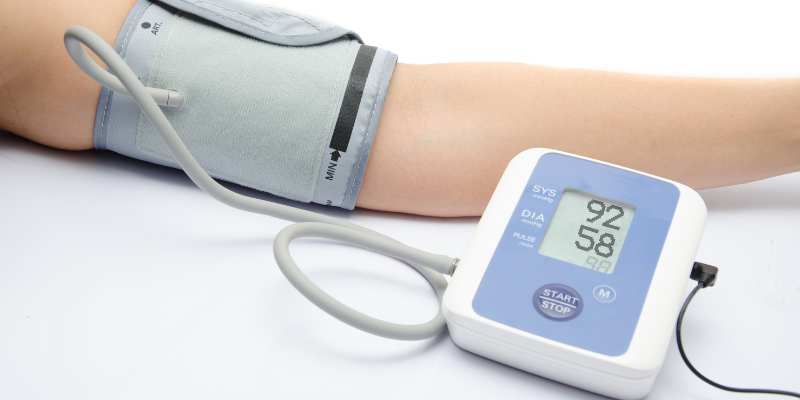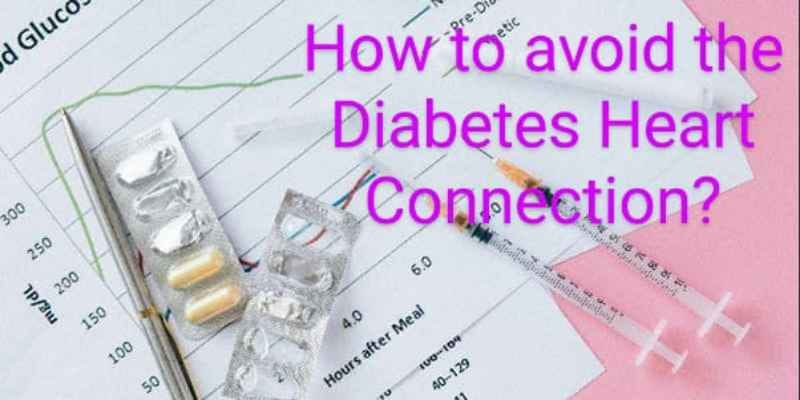Controlling hypertension, or high blood pressure, is essential for preserving general health and lowering the chance of developing significant conditions, including renal failure, heart disease, and stroke. The article aims to draw attention to three crucial points that every person with high blood pressure should understand. You'll be able to manage your health and enhance your well-being with these discovered insights.
As you read, consider how you can incorporate these tactics into your everyday routine. Being proactive has a significant influence on your longevity and overall health.
Modifications to Lifestyle: The Basis of Management of Hypertension
Maintaining a healthy lifestyle is essential to controlling hypertension. Consider the following necessary lifestyle adjustments:
A Well-Rounded Diet:
- Dietary Approaches to Stop Hypertension (DASH) Diet: Fruits, vegetables, whole grains, and lean meats are the mainstays of the DASH diet. It has reduced salt, cholesterol, and saturated fat content.
- Limit Sodium Intake: If your doctor recommends consuming no more than 2,300 mg of sodium daily or even less. When selecting food, read the labels and go for low-sodium products.
- Boost Potassium: Eating foods high in potassium helps lower blood pressure and help regulate salt levels. Add oranges, potatoes, spinach, beans, bananas, and spinach to your diet.
Frequent Exercise:
- Aim for 150 Minutes of Moderate Exercise: Spend at least 150 minutes weekly on aerobic exercises like cycling, swimming, running, or walking. Frequent exercise enhances blood circulation and strengthens the heart.
- Include Strength Training: Exercise muscle-strengthening exercises at least twice a week to improve general fitness and control weight.
- Keep an eye on your Body Mass Index (BMI): Overweight is defined as having a BMI of 25 or above. Blood pressure can be considerably lowered by losing even a tiny body weight.
- Seek Support: To develop a customized weight reduction strategy, consider collaborating with a licensed dietitian or nutritionist.

Limit Your Alcohol Consumption:
- The key is moderation. Do it sparingly. This translates to one drink per day for women and two for males. Drinking too much might increase blood pressure and make hypertension treatments less effective.
Give Up Smoking:
- One of the finest things you can do for the health of your heart is to stop smoking. Seek Help if Needed. If necessary, seek assistance through therapy, support groups, or medication.
Control Your Stress:
- Use Relaxation Techniques: Take part in activities that help you relax, such as yoga, meditation, or deep breathing. High blood pressure can be a result of ongoing stress.
Consistent Monitoring: Monitoring Your Blood Pressure
Adequate blood pressure management requires regular monitoring. Knowing your stats and trends will enable you to make well-informed decisions about your health. What you should know is as follows:

Understand Your Blood Pressure Readings:
- Recognize the Readings: Blood pressure is stated as two numbers: the higher number, or systolic, above the lower number, or diastolic, and is measured in millimeters of mercury, or mm Hg. For instance, 120/80 mm Hg is regarded as typical.
- Recognize Your Objective: As the American Heart Association and the American College of Cardiology advised, aim for a blood pressure value of less than 130/80 mm Hg.
- Home Monitoring: Purchase a High-Quality Blood Pressure Monitor. Ensure the device is reliable and accurate. Automated digital monitors are user-friendly and consistently deliver readings.
- Monitor Your Readings: Record the date, time, and any additional information about your health or activities, along with your blood pressure readings. Having this information handy might be beneficial when seeing a doctor.
Frequent Evaluations with Medical Professionals:
- Make Regular Appointments: Regularly checking in with your healthcare provider is essential for tracking your blood pressure and evaluating your general health.
- Talk About What You've Read: Bring your home monitoring records when you have appointments. This can help your doctor make well-informed decisions on your course of care.
Identify Hypertensive Crisis Symptoms:
- Recognize the Warning Signs: Severe headaches, dyspnea, chest discomfort, or altered vision can all be signs of a hypertensive crisis. Immediately get medical help if you encounter these symptoms.
Medication Compliance: Crucial to Blood Pressure Management
Modest lifestyle adjustments might not be enough for many people to control their high blood pressure. The management of hypertension is significantly aided by medication. Essential things to think about when it comes to drug adherence are as follows:
Recognize the Drugs You Take:
- Recognize the Different Kinds of Drugs: Diuretics, ACE inhibitors, beta-blockers, and calcium channel blockers are common antihypertensive drugs. Each variety distinctly lowers blood pressure.
- Ask Questions: Ask your healthcare professional about possible side effects, how your drug works, and what to anticipate.
Stick to the Prescribed Medication Schedule:
- Create a Routine: Take your meds simultaneously daily to form a habit. To make sure you remember to take your medications, use pill organizers or set reminders.
- Talk to Your Healthcare Professional: Talk to your healthcare practitioner about any adverse effects you experience and any difficulties you have sticking to your prescription schedule. It could be essential to make adjustments.
Review Your Medication Schedule Frequently:
- Track Your Progress: Talk to your healthcare practitioner about any changes and periodically evaluate how effectively your blood pressure is controlled.
- Stay Up to Date: Remain informed about any new drugs or therapies that could be helpful for your case.
- Participate in Joint Decision-Making: Work with your healthcare practitioner to create a treatment plan that suits your preferences and way of life. This might strengthen your resolve to manage your illness successfully.
Conclusion
The management of high blood pressure is a commitment that lasts a lifetime and needs careful attention to lifestyle choices, monitoring, and being compliant with medication. You can measure toward better health if you practice the ideas covered in this article.
Instead of waiting until your next checkup, you should immediately made these adjustments. This information should be shared with loved ones who benefit from a better grasp of controlling high blood pressure. If you want individualized counselling, you should talk to your physician about developing a customized plan that suits your needs.






